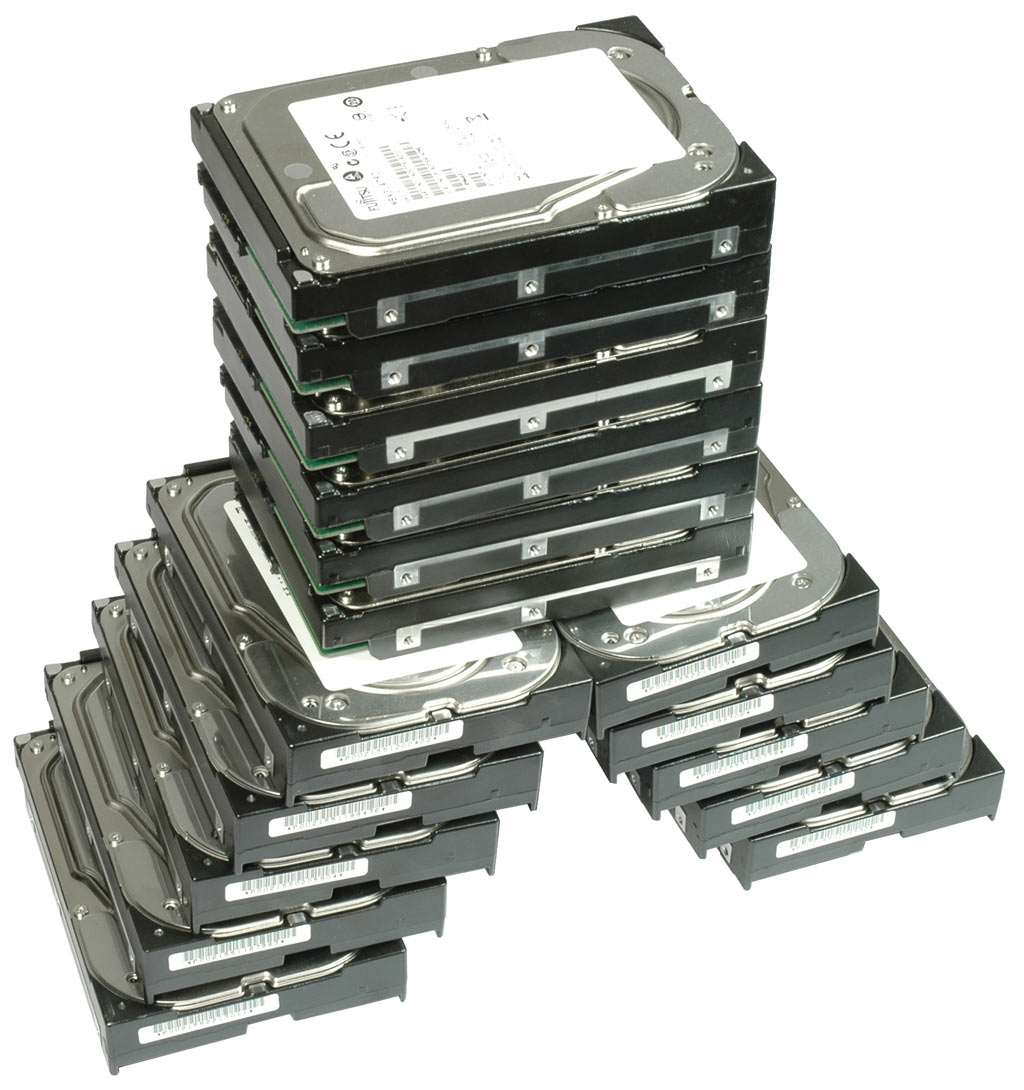Roundup: Three 16-Port Enterprise SAS Controllers
Power Consumption And Conclusion
| System Power Consumption | Adaptec RAID 51645 RAID 0 | Areca ARC-1680ix-16 RAID 0 | Promise 16650 RAID 0 |
|---|---|---|---|
| Power Management enabled | 298 W | 296 W | N/A |
| Idle power | 368 W | 365 W | 364 W |
| Peak power | 412 W | 409 W | 406 W |
Adaptec and Areca both implement power management, which allows hard drives to spin down after a defined period of idle time. In the case of the Adaptec RAID 51645, power management can be adjusted for each drive or array individually, while there is only a global setting for Areca. In any case, the result is significant. Switching on power management and stopping the 16 15,000 RPM hard drives resulted in a system-wide power saving of approximately 70 W, or almost 20%. Check out our test system table for system details.
Conclusion
All three products were designed to deliver maximum storage performance for enterprise environments. Storage arrays, transaction servers, surveillance systems, media processing, and similar applications will all run excellently on any of the three cards. However, we did find some differences.
Feature Winner: Adaptec
Adaptec has the most powerful and the most comfortable management interface, paired with a year-long experience that literally is noticeable when handling the RAID 51645 card and software. The Adaptec Storage Manager has been improved for years, and hence it comes as no surprise that it offers the best solution we tested.
Areca’s Web-based management is simpler, but probably even more efficient, coming with its own network port for management (but without being able to beat Adaptec’s feature set). The email notification and power management settings are not granular enough—I don’t want my system drives to spin down at any time. Promise collects points by being very easy to use and Web-configurable, even for beginners.
Performance
Stay On the Cutting Edge: Get the Tom's Hardware Newsletter
Get Tom's Hardware's best news and in-depth reviews, straight to your inbox.
Performance should not be the main factor in your buying decision, as the differences were rather small. Areca hits some limits if your applications tend to create very long command queue depths, but reconsider the Areca card if you need maximum sequential throughput, or high performance on degraded arrays; no one beats Areca in these categories. When it comes to high I/O performance, Adaptec provided the best overall results. Promise keeps itself in the game by offering its product at the lowest price of the three options.

Current page: Power Consumption And Conclusion
Prev Page Results: I/O Performance RAID 6